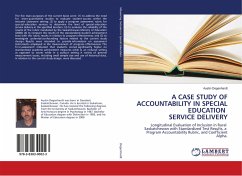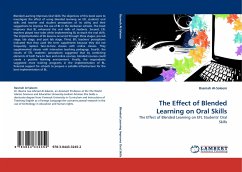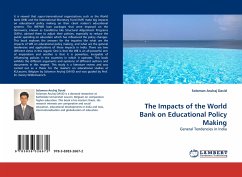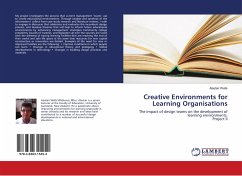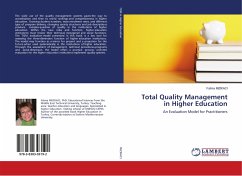Foster makes a compelling case for ethical teaching in terms of resistance to bureaucratic demands and subversion by reason of conscience. Out of the dyadic tension between individual freedom and collective norms there is a clear pathway to more ethical space in the classroom. Foster uses Martin Buber's notion of dialogical relations and extends it to three levels: the intrapersonal, interpersonal and systemic. The teacher who truly stands in authentic relationships with his students will have to experience the tension of resisting unethical power at each level in order to free up relational space in the classroom. As a result, formal evaluation practices in education will have to be resisted by the ethically-minded teacher.
Bitte wählen Sie Ihr Anliegen aus.
Rechnungen
Retourenschein anfordern
Bestellstatus
Storno


